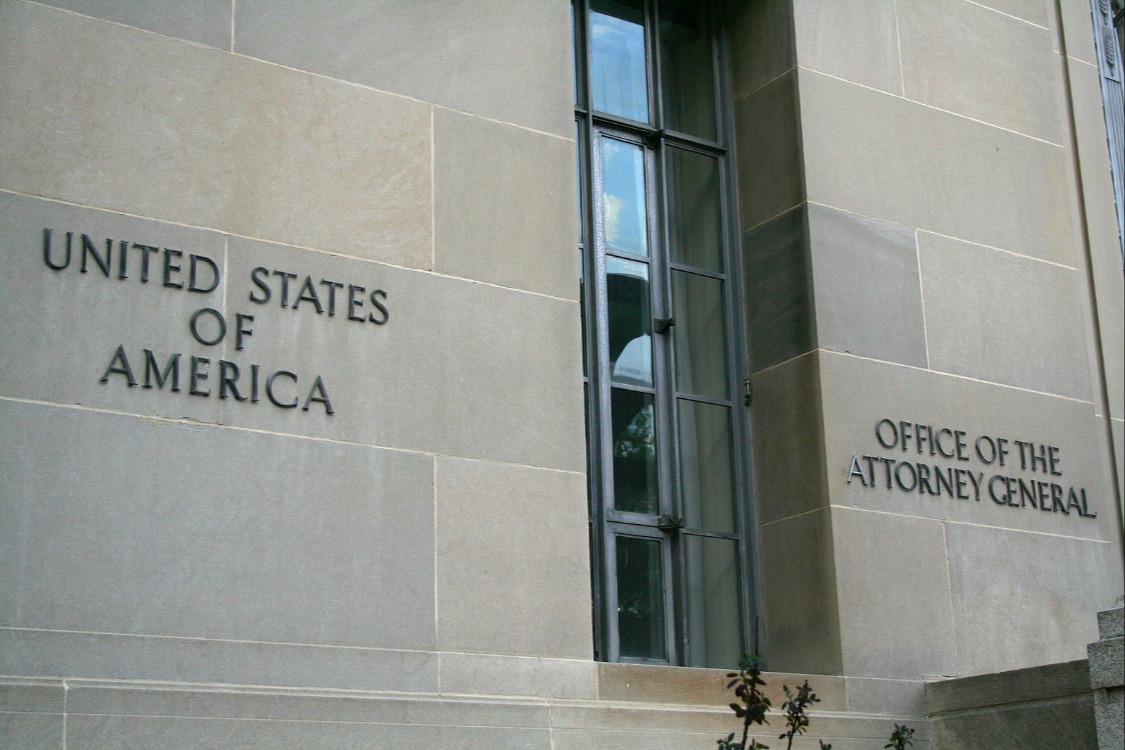The Cyberlaw Podcast: Where Are All My Twitter Followers?
In Episode 226 of the Cyberlaw Podcast, Stewart departs for the wilderness, and the news-roundup team (Brian Egan with Matthew Heiman, Jim Lewis, and Megan Reiss) muddles through without him.
Published by The Lawfare Institute
in Cooperation With

In Episode 226 of the Cyberlaw Podcast, Stewart departs for the wilderness, and the news-roundup team (Brian Egan with Matthew Heiman, Jim Lewis, and Megan Reiss) muddles through without him.
Matthew and Jim discuss Friday’s indictment of 12 Russian GRU personnel by the Department of Justice and Special Counsel Robert Mueller. Matthew explains that, while we shouldn’t expect extradition proceedings to take place any time soon (or ever), the Justice Department has a theory for pursuing these types of indictments in selected cases. Stewart weighs in by Twitter, bemoaning somewhat surprisingly (given the source) that the indictments reflect a poor interagency coordination process and a lack of appreciation for diplomacy. From Jim’s perspective, these indictments are about as good as diplomacy is going to get on this issue…
Matthew walks through the continued bipartisan work in the Senate on the Secure Elections Act, which would facilitate information sharing amongst the states on election threats and take other steps in an attempt to improve election cybersecurity. Matthew explains that federalism may well end up limiting what can be done (or what Congress will agree to do) on this issue.
Megan weighs in on Commerce’s announcement on Friday that it lifted the Denial Order against ZTE after ZTE paid an additional $1.4 billion in penalties and took other steps pursuant to the new settlement agreement reached in June. Megan forecasts continued pressure on ZTE from Capitol Hill, even if the additional penalties against ZTE are generally seen as significant. Jim thinks that the U.S. government’s approach to ZTE is shortsighted and may end up harming national security interests down the road.
Megan and Jim also discuss the efforts of another Chinese company – the video surveillance camera company Hikvision—to fight back against U.S. government concerns related to espionage. We ask ourselves: Is there anything that a Chinese company can do to rebut US espionage and related concerns? And Jim weighs in on the “state of the state” of the 2015 "no commercial cyberespionage" handshake agreement between the U.S. and China, which the State Department confirms is the rare international deal entered into under President Obama that has not yet been ripped up by President Trump.
Elsewhere, Matthew explains why Twitter follower numbers dropped precipitously last week after Twitter’s latest attempts to clean up suspicious accounts. (Justin Bieber and Katy Perry were hit hard, but Stewart’s account may be down to zero.) Luckily, Jim has some practical tips for maintaining one’s Twitter follower numbers.
And finally, Jim weighs in on a workmanlike Government Accountability Office report on the Committee on Foreign Investment in the United States, the Department of Defense, and national security concerns—which concludes, among other things, that (1) technology transfers should be an area of concern for the U.S. government and (2) the U.S. government is poorly situated to identify the areas of technology transfer that should be of concern. Over to you, Congress!
Stewart takes over for the interview of Woody Hartzog, author of “Privacy’s Blueprint: The Battle to Control the Design of New Technologies,” and a professor of law and computer science at Northeastern. Woody’s thesis is that traditional privacy law has focused unduly on notice and consent, yielding unreadable privacy notices and consents that mean nothing but have great legal impact. Instead, he suggests a focus on how platforms design their user interfaces, borrowing from consumer protection and products liability law. Stewart’s skeptical of the open-ended nature of the obligations Woody would like Silicon Valley to undertake, but they both at least agree that designers and government are surprisingly well-matched bedfellows.
You can subscribe to The Cyberlaw Podcast using iTunes, Pocket Casts, Google Play, or our RSS feed!
As always, The Cyberlaw Podcast is open to feedback. Be sure to engage with Stewart on social media: @stewartbaker on Twitter and on LinkedIn. Send your questions, comments, and suggestions for topics or interviewees to CyberlawPodcast@steptoe.com. Remember: If your suggested interviewee appears on the show, we will send you a highly coveted Cyberlaw Podcast mug!
The views expressed in this podcast are those of the speakers and do not reflect the opinions of the firm.





